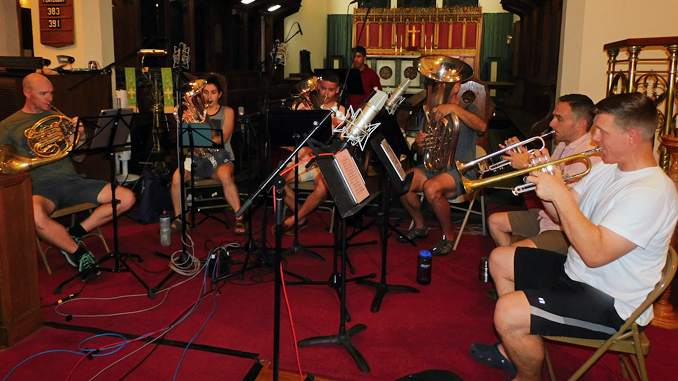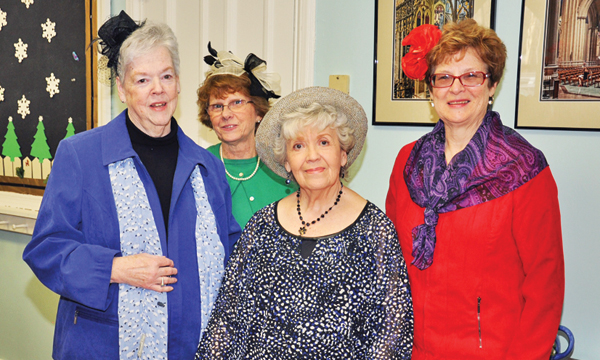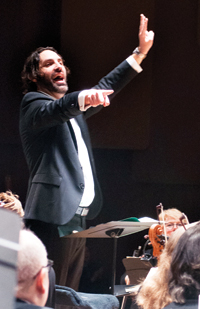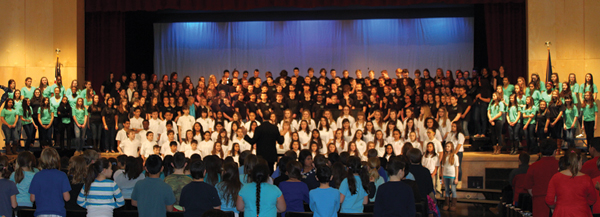
Collective Brass Quintet’s third album will be Swedish music
Bands typically record albums in a studio, but the Collective Brass Quintet, seeking a similar sound to music recorded during the Romantic Era, held its recording sessions in the nave of St. John’s Episcopal Church in Cornwall.
“That church is very interesting architecturally because it has a high ceiling which is reminiscent of what churches looked like in Scandinavia,” said ensemble leader Carl Stanley.
The band looked at other places in the Hudson Valley, but the audio engineer, who knows a lot about acoustics, recommended the church.
“I checked the place out and fell in love with it,” said Stanley. Recording sessions began in early September and were held for four hours each evening over the course of four days.
Collective Brass is a brass chamber music group that performs a lot of different styles of music, but is traditionally classically oriented. It plays anything from Johann Sebastian Bach to more contemporary pieces.
The group is made up of musicians in the Army who are stationed at West Point and play for the West Point Band. All came from a chamber music background before arriving at West Point.
Stanley said it was only by chance the band’s five members decided to hang out and start playing together. They were seeking something to scratch that artistic itch.
“Playing for the Army is within a certain box, so we don’t get to explore more creative outlets,” Stanley said. “This is something for all of us to keep that going.”
The band members include: Stanley (Trumpet), Bill Owens (Trumpet), Nicole Caluori (horn), Alaina Alster (trombone), and Keith Kile (tuba).
Collective Brass has previously recorded two albums and is in the process of producing its third — a collection of Swedish music.
“People don’t think about Swedish music much,” Stanley said. “It’s a niche genre especially in America. My grandparents were Swedish. I never thought about my heritage much until I started looking into Swedish music during the pandemic. It blew me away how rich and diverse that tradition is.”
Focusing specifically on music from the 1820s to 1900, Stanley said manuscripts are just sitting in the Swedish libraries. During the pandemic he reached out to some of the librarians who were helpful in scanning photos of the handwritten documents. Stanley would then edit them and make sure they were legible. The band started reading the music and found it intriguing to play.
One thing led to another and the group decided to record an album.
The 60-minute album will include liner notes about some of the composers. For example, Stanley said it will include the unique story of Jacob Hägg who suffered from schizophrenia his entire life. He suffered a mental breakdown and ended up living in seclusion in the woods for 10 to 20 years. Once he gained control of himself and his music, he integrated back into mainland society and started composing again.
The album includes one of Hägg’s funeral marches, more joyful and bouncy Swedish marches akin to German polka, as well as more serious classical pieces, beautiful melodies, and some choral pieces Stanley arranged for a quintet.



